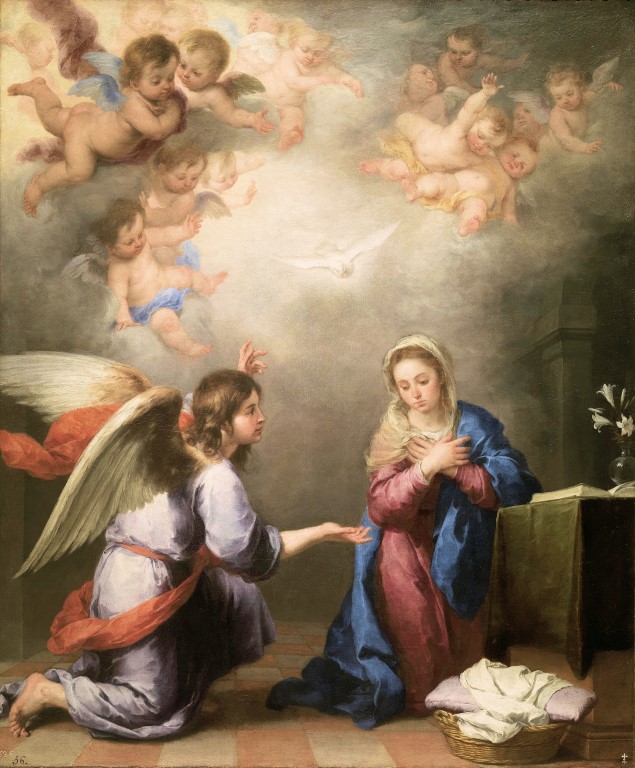I don't usually post the Pope's messages because they are available in so many other places on the Internet. But I have just read yesterday's Angelus message, courtesy of Zenit and it is such a fine example of simple pastoral preaching that I couldn't resist putting it here. I think I will print off some copies for my parishioners. Dear Brothers and Sisters: Today, Aug. 27, we remember St. Monica, and tomorrow we will remember her son, St. Augustine: Their testimonies can be of great consolation and help for many families also of our time. Monica, born in Tagaste, in present-day Algeria (in Souk-Arhas), of a Christian family, lived in an exemplary way her mission of wife and mother, helping her husband Patricius to discover, little by little, the beauty of faith in Christ and the strength of evangelical love, capable of overcoming evil with good. After his death, which occurred prematurely, Monica dedicated herself with courage to the care of her three children, two bo
